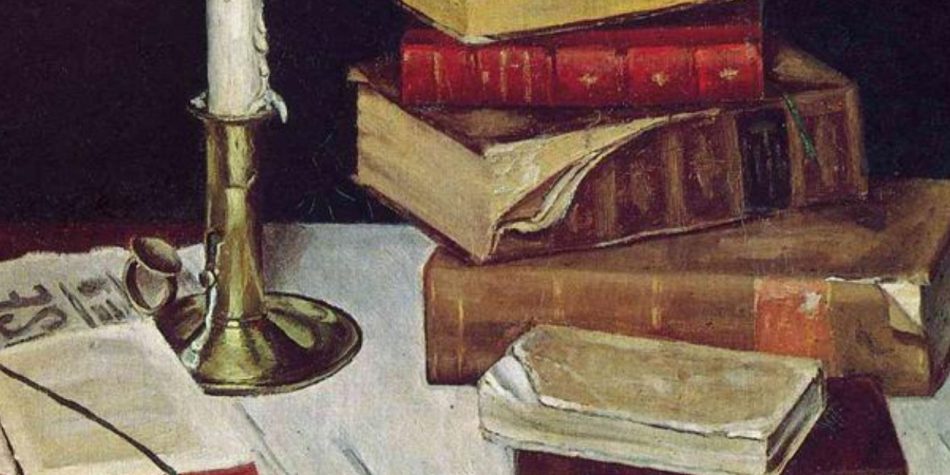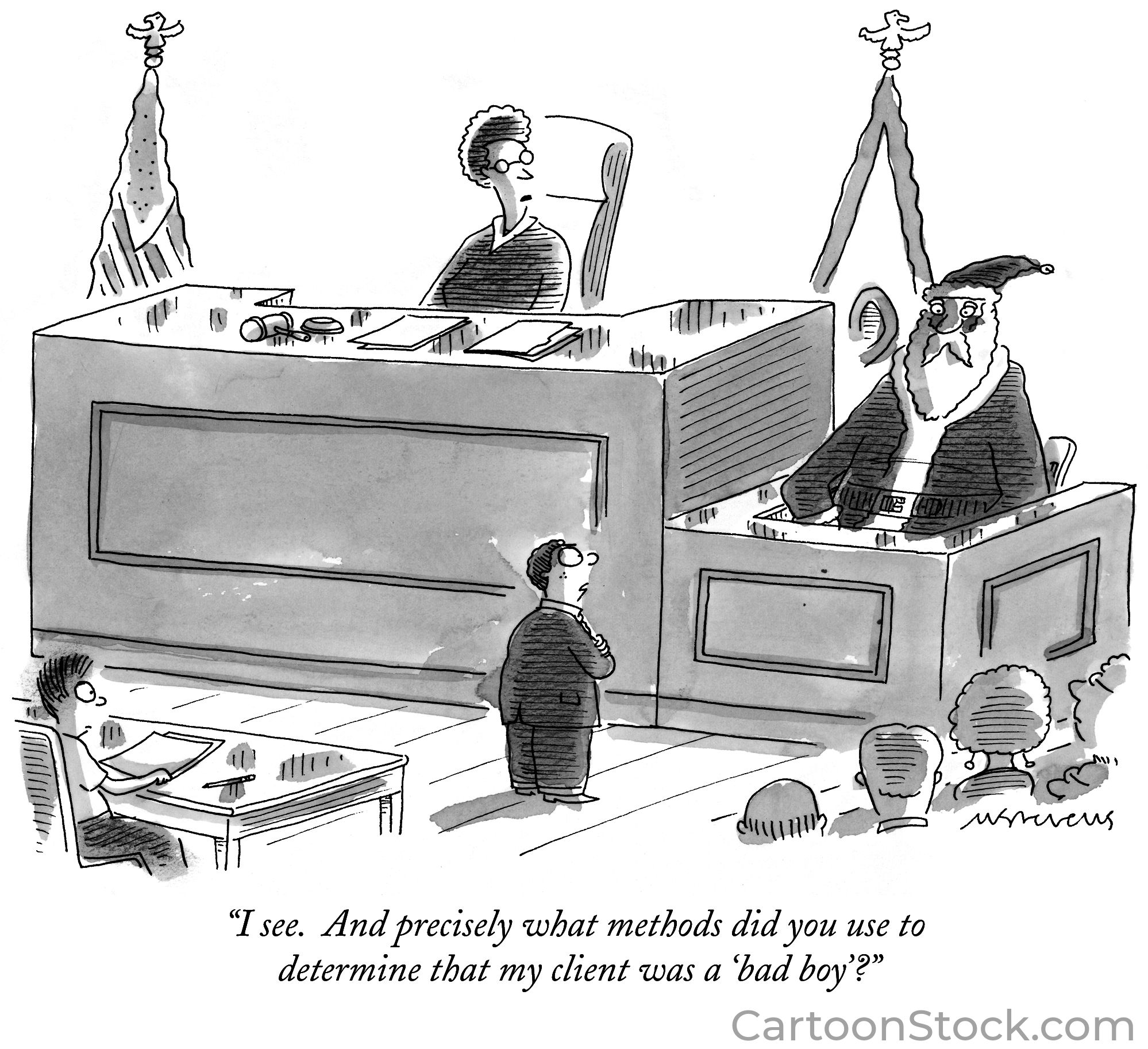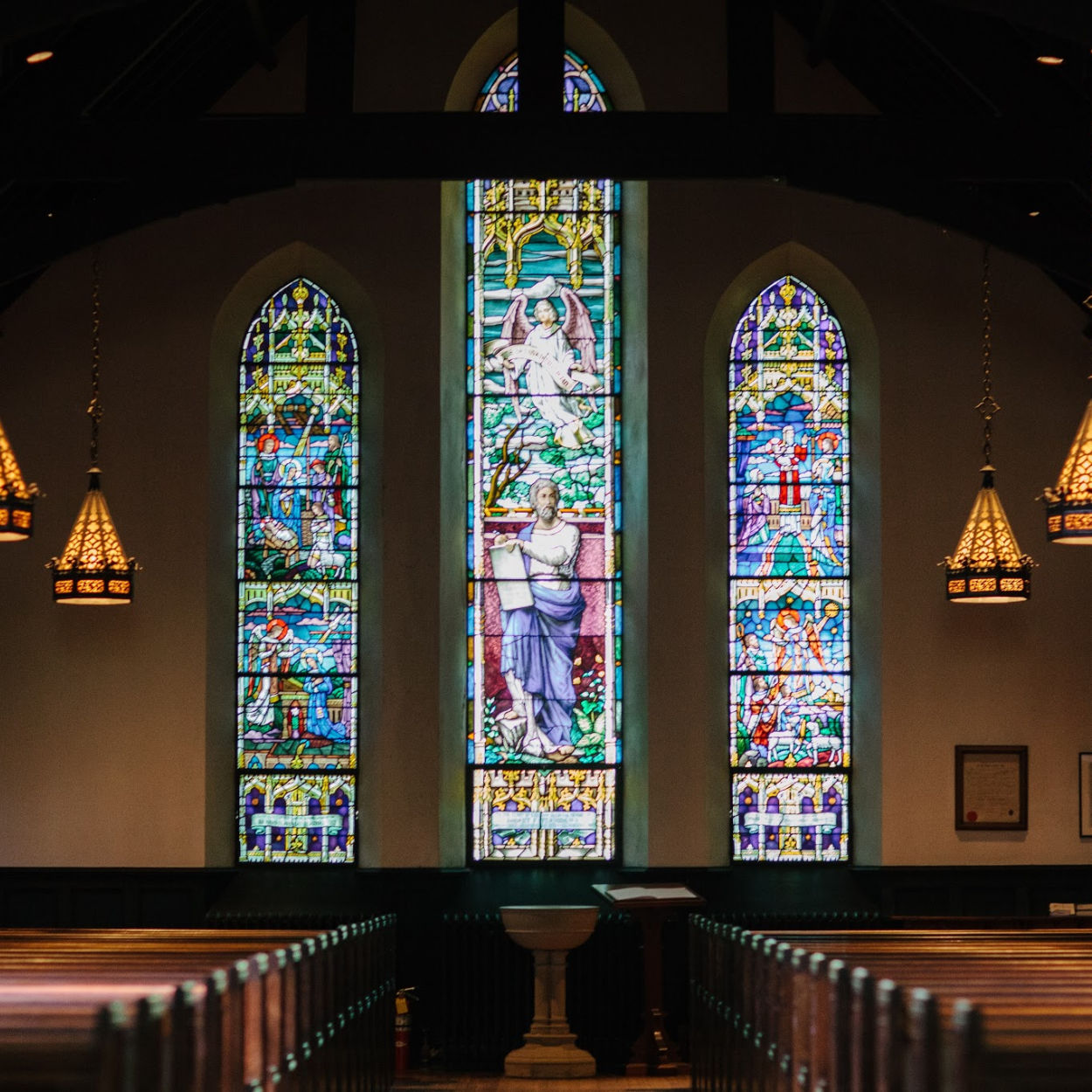Apeirogon
Column McCann
You will not find the word “apeirogon” in the dictionary. In this novel (based on real events), we learn that it is a shape with an infinite number of sides—and thus a fitting symbol for a complicated story about two men (an Israeli and a Palestinian) who lost daughters in crushingly tragic ways. Rami’s 13-year-old daughter Smadar is a victim of a suicide bomber. Bassam’s 10-year-old daughter Abir is killed by a rubber bullet. Since learning of each other’s stories, they use their shared grief “as a weapon for peace.”
“I refuse to be a victim,” Bassam says in an interview transcript halfway through the book. “I decided that a long time ago. There is one living victim and that is the man who killed my daughter. He was a teenager when he shot her. He had no idea why he killed her. He wasn’t some hero, some champion. Who shoots a girl in the back? I saw him in court. I said to him, ‘You are the victim, not me. You had no idea why you killed her, you were following orders, you did it without conscience. I want to wish you a long life because I hope your conscience will wake you up.’ … The hero makes a friend of his enemy. … I don’t have time for hate anymore. We need to learn how to use our pain. Invest in our peace, not in our blood, that’s what we say.”
The Gospel in a Pluralist Society
Lesslie Newbigin
Lesslie Newbigin (1909–1998) was a British missionary and ecumenical ambassador. This book, penned in 1989, remains a source of deep wisdom about how to engage a world of widely varying belief systems.
“In our contact with people who do not acknowledge Jesus as Lord, our first business, our first privilege, is to seek out and to welcome all the reflections of that one true light in the lives of those we meet,” Newbigin writes. “There is something deeply repulsive in the attitude, sometimes found among Christians, which makes only grudging acknowledgment of the faith, the godliness, and the nobility to be found in the lives of non-Christians. Even more repulsive is the idea that in order to communicate the gospel to them one must, as it were, ferret out their hidden sins, show that their goodness is not so good after all, as a precondition for presenting the offer of grace in Christ.”
Uncommon Ground: Living Faithfully in a World of Difference
Timothy Keller and John Inazu
This new volume, edited by Timothy Keller and John Inazu, brings together a series of important essays from Christian authors. One, from songwriter Sara Groves, explores the place of the candid questioner within one’s faith community or political party.
“I have to ask myself if I am stifling honest inquiry because I’m afraid to admit a flaw in the groups with which I most closely identify. I must consider whether I’m afraid that to speak honestly to issues within will be disloyal,” she writes. “If a pastor or a politician acts egregiously, there is a flurry of speech to defend and explain it away because of the damage it might do to the church or the party. I remember well how the denomination I grew up in weathered scandals with several notable personalities—I remember the secrecy, the protection, and denial. I also remember the day I realized with relief, I don’t have to defend indefensible things. My identity doesn’t come from these organizations, and while the body of Christ is essential to my faith, I don’t have to protect any particular organization at the expense of transparency and honest inquiry.”
Liberty in the Things of God: The Christian Origins of Religious Freedom
Robert Louis Wilken
The earliest Christian apologists believed that faith, in its essence, is an inward conviction. Force and compulsion are anathema to nurturing the tender seeds of spirituality in one’s soul. In this important book, scholar Robert Louis Wilken walks us through the struggle for religious freedom, from the earliest days of the Christian movement through the 17th century. The following are only a few of the interesting insights Wilken brings to our attention:
“See that you do not end up fostering irreligion by taking away freedom of religion and forbid free choice with respect to divine matters, so that I am not allowed to worship what I wish, but am forced to worship what I do not wish. Not even a human being would like to be honored unwillingly.” —Tertullian, a convert to Christianity in second-century Roman Carthage
“Anyone brought to the font of Baptism, not by the sweetness of preaching but by compulsion, will return to his former superstition and die in a worse state because he had been reborn. My brother, may you stir up such men by frequent preaching so that they may desire to change their life more by the sweetness of their teacher.” —Pope Gregory the Great, who served from 590 to 604
“Force may make a Hypocrite: ‘tis Faith grounded upon Knowledge and Consent that makes a Christian.” —William Penn, seventeenth-century Englishman and founder of the Pennsylvania Colony
Open Letters
Václav Havel
Can a person silently deal with incompetent supervisors and carry out their ridiculous demands without losing one’s sense of dignity?
“Even if they never speak of it, people have a very acute appreciation of the price they have paid for outward peace and quiet: the permanent humiliation of their human dignity,” Havel says in a letter to Dr. Gustav Husák of the Czechoslovak Communist Party in 1975. “The less direct resistance they put up to it—comforting themselves by driving it from their mind and deceiving themselves with the thought that it is of no account, or else simply gritting their teeth—the deeper the experience etches itself into their emotional memory. The man who can resist humiliation can quickly forget it; but the man who can long tolerate it must long remember it. In actual fact, then nothing remains forgotten. All the fear one has endured … settles and accumulates somewhere in the bottom of our social consciousness, quietly fermenting.
If left untreated, Havel writes, this “abscess [can] … gradually [deform] into a sick cramp, into a toxic substance not unlike the carbon monoxide produced by incomplete combustion. No wonder, then, that when the crust cracks and the lava of life rolls out, there appear not only well-considered attempts to rectify old wrongs, not only searchings for truth and for reforms matching life’s needs, but also symptoms of bilious hatred, vengeful wrath, and a feverish desire for immediate compensation for all the degradation endured.”

















